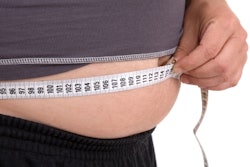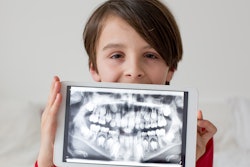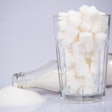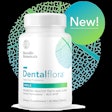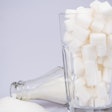
Diets abundant in saturated fats and cholesterol may exacerbate alveolar bone loss associated with periodontal disease, indicating that one's diet may affect dental health in the long term, according to a recent article published in News Medical.
In animal models, a diet rich in saturated fat and cholesterol was linked to heightened bone loss due to exposure to bacterial lipopolysaccharides, a key factor in the progression of periodontal disease, according to the story that was published on February 5.
Rabbits that ate diets high in saturated fat and cholesterol had worse bone loss when exposed to bacterial lipopolysaccharides. Additionally, these rabbits showed more inflammation in the liver's acinar cells and higher levels of triglycerides and phospholipids in their blood, according to the story.
Periodontitis has been linked to various systemic diseases like metabolic syndrome, atherosclerosis, cardiovascular diseases, and nonalcoholic fatty liver disease (NAFLD) caused by fat buildup, according to the study.
To further understand this connection, male rabbits were split into two groups: one group ate a regular diet, while the other group ate a high-fat, high-cholesterol diet for 40 days. Half of each group received injections of lipopolysaccharides (LPS) twice weekly to induce periodontal disease.
LPS caused more severe bone loss around the teeth in rabbits on both diets, but it was worse in those on the high-fat, high-cholesterol diet. Additionally, rabbits on the high-fat, high-cholesterol diet with LPS injections had more liver inflammation and higher levels of triglycerides and phospholipids in their blood, according to the study.
However, further research is necessary to grasp the full impact of diet on periodontal disease in humans, but monitoring saturated fat and cholesterol intake could promote long-term gum health, the authors wrote.




